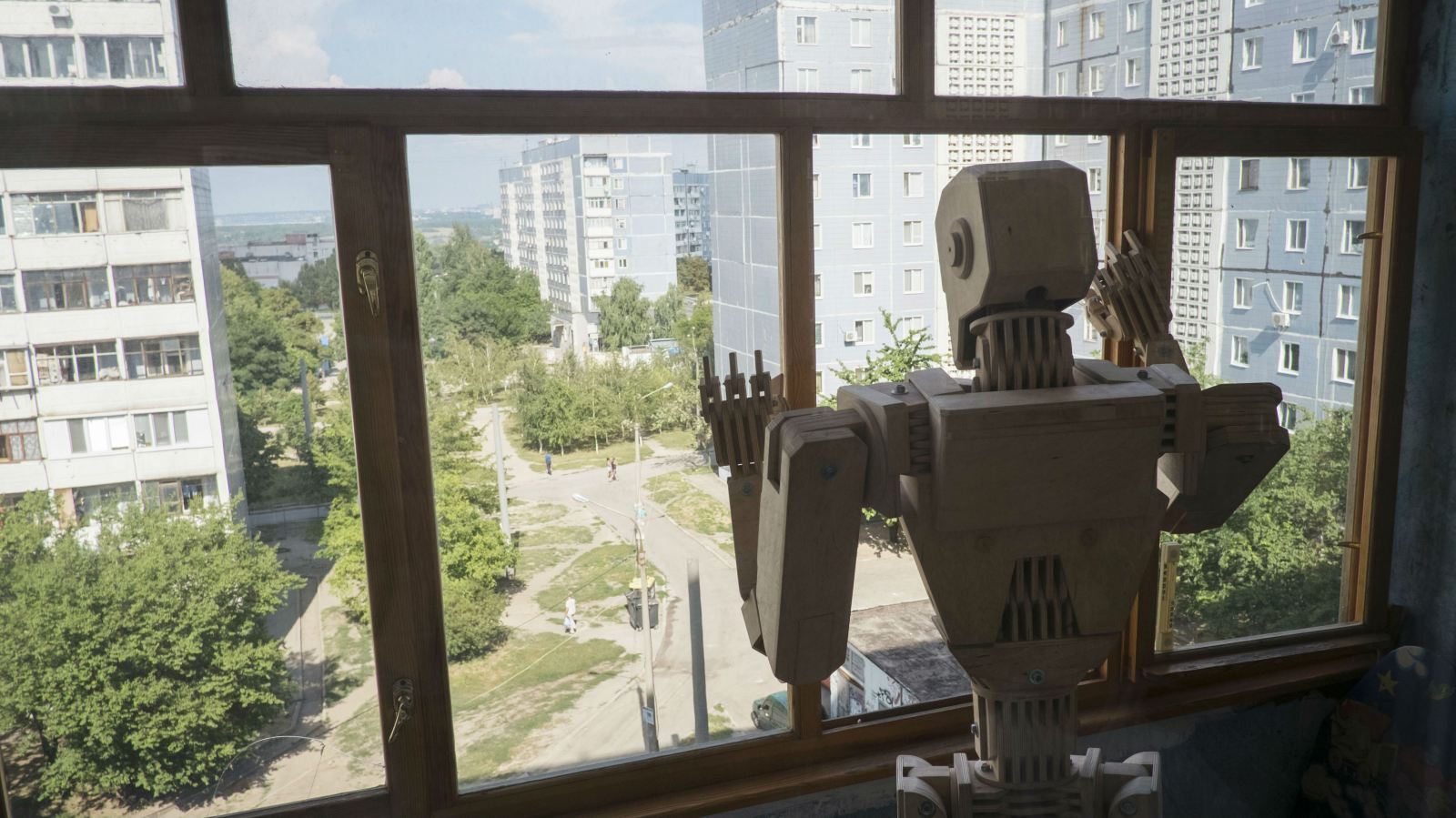Even artificial intelligence robots face stereotypical sexism in the workplace
We like to think we’ve moved past the workplace sexism of the 1950s, when men were professionals and women were secretaries. But while women have managed to break out of those subservient roles, the genders we assign to artificial-intelligence robots suggests our prejudices haven’t made as much progress.


We like to think we’ve moved past the workplace sexism of the 1950s, when men were professionals and women were secretaries. But while women have managed to break out of those subservient roles, the genders we assign to artificial-intelligence robots suggests our prejudices haven’t made as much progress.
After law firm BakerHostetler hired an AI “lawyer” named ROSS, journalist Rose Eveleth noted that the male name was somewhat unusual in the world of AI.
Critics have previously noted that most AI assistants—including Apple’s Siri, Google Now, Amazon’s Alexa, and Microsoft’s Cortana—sound like women. Some have attempted to excuse the trend, pointing to research that shows people respond more positively to women’s voices.
But even digital assistants without a spoken voice are given a female identity. As the New York Times pointed out last year, various email inbox assistants are called Clara, Amy, Julie, Crystal, Jeannie, Cloe, Dawn, and Donna.
Meanwhile, the AI lawyer is called ROSS, and IBM’s advanced AI computer system goes by Watson. And Kathleen Richardson, a social anthropologist at University College London and author of An Anthropology of Robots and AI: Annihilation Anxiety and Machines, told LiveScience that most fully humanoid robots are male.
“I think that probably reflects what some men think about women—that they’re not fully human beings,” she said. “What’s necessary about them can be replicated, but when it comes to more sophisticated robots, they have to be male.”
Correction: Due to an editing error, an earlier version of this story incorrectly stated that IBM’s Watson beat a human competitor in the ancient board game Go. The AI player that won the game was Google’s AI player, AlphaGo.